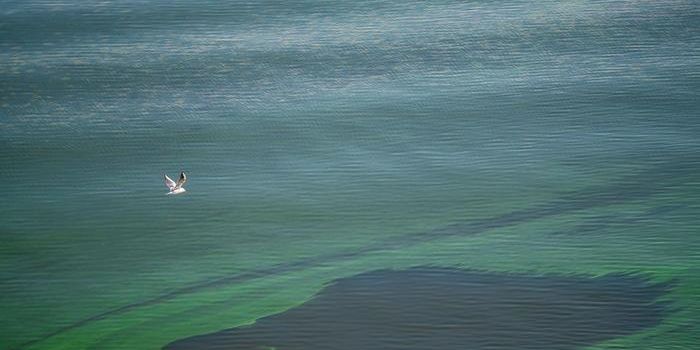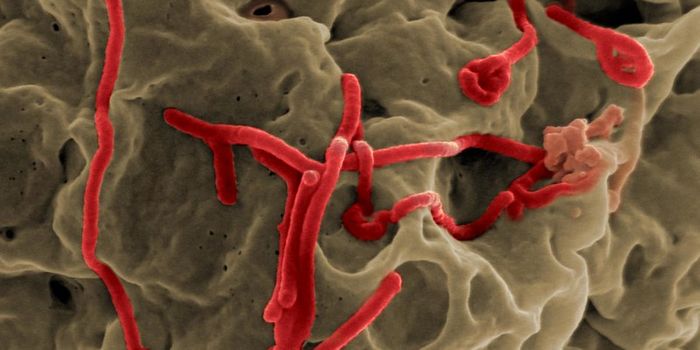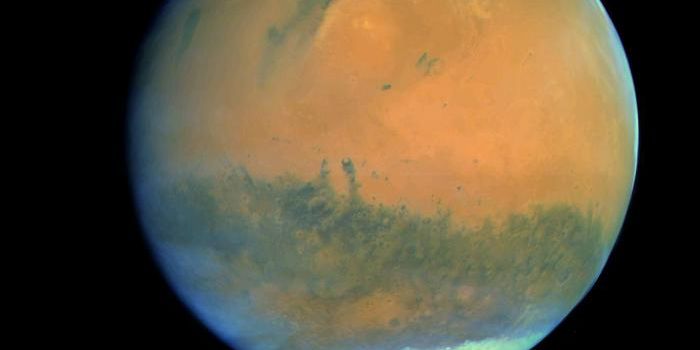Are microplastics threatening marine megafauna?
A new study published in the journal Trends in Ecology and Evolution had sounded an alarm on the state of microplastics, saying that large marine animals are being adversely affected by the tiny polluters. Sharks, rays, and whales are among the large filter feeders for which the study voices concern, citing that it is possible that animals are swallowing hundreds of pieces of microplastics daily, a fact that undoubtedly affects individual health and population survival.
Microplastics are defined as being less than five millimeters long. NOAA explains the essence of these plastics, stating, “Microplastics come from a variety of sources, including from larger plastic debris that degrades into smaller and smaller pieces. In addition, microbeads, a type of microplastic, are very tiny pieces of manufactured polyethylene plastic that are added as exfoliants to health and beauty products, such as some cleansers and [kinds of] toothpaste.” The danger in such small plastics is that a marine animal may knowingly or unknowingly mistake a piece of plastic for food, as is the case of filter feeders. And while this danger is well understood, scientists have yet to totally comprehend the implication of the consumption of microplastics for large marine animals.
Of course, it’s likely that the microplastics could harm an animal’s digestive system or make them feel full, hence reducing their eating and keeping them from getting the nutrients they need. But, points out Elitza Germanov, a researcher at the US Marine Megafauna Foundation, "The full magnitude of risks of ingesting microplastics is yet to be fully investigated.”
That’s the concept that the team of scientists aimed to grasp by analyzing data on the filter feeders, zoning in especially on priority areas such as the Gulf of Mexico, the Mediterranean Sea, the Bay of Bengal and the Coral Triangle for their study. "We need to further study the potentially dramatic effects of the complex synergies between chemicals present in the ocean," Maria Cristina Fossi, co-author of the new study, said, in order to understand how microplastics affect growth, development, reproduction, and even stress levels in these animals.
"Our studies on whale sharks in the Sea of Cortez and on fin whales in the Mediterranean Sea confirmed exposure to toxic chemicals, indicating that these filter feeders are taking up microplastics in their feeding grounds," said Fossi.
By the nature of their feeding mechanism, filter feeders are particularly vulnerable to ingesting microplastics. The researchers found that on average, whale sharks in the Sea of Cortez off of Mexico's Baja Peninsula, consume 171 pieces of plastic per day. Meanwhile, fin whales in the Mediterranean Sea ingest almost 2,000 microplastic particles per day. It is worth noting that whale sharks, as well as many other large marine animals, are listed as Endangered on the IUCN Red List.
The researchers recommend taking advantage of the charismatic large filter feeders in order to shed light on the issue of microplastics in the ocean as a whole. The problem of microplastics offers a unique opportunity for individuals to make lifestyle choices in order to reduce the amount of plastic that ends up in oceans around the globe and make marine habitats healthier for all those dependent on them.
Sources: BBC, The Guardian, The Independent, DW









